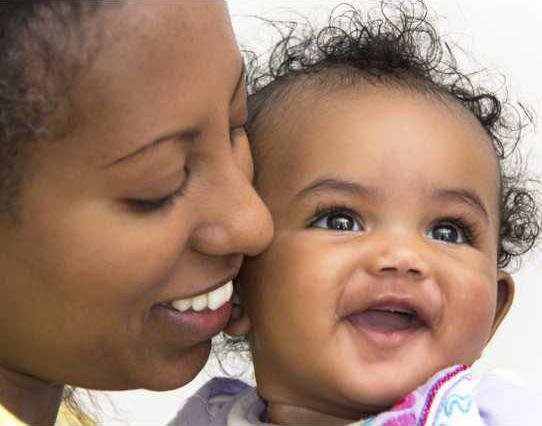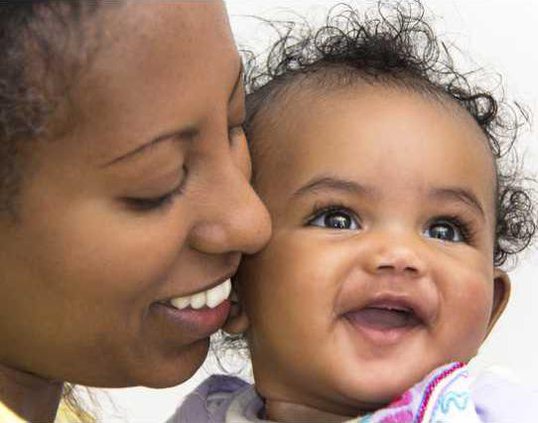PROVIDENCE, R.I. — It’s no secret that women tend to talk more than men, and a recent study shows female chatter has its benefits.
According to Pediatrics, researcher Betty Vohr reported that babies hear three times more words from their moms than they do their dads, and in return, they are more likely to verbally respond to their mothers.
“Mothers are typically the primary caregivers with the most direct interaction with their infants,” Vohr said in the study. “Studies have shown the reciprocal vocalizations between mother and infant have positive effects on language development.”
Despite many mothers having more hands-on time with their babies, researchers evaluated their verbal environment based on an equal amount of time with their mothers and fathers, according to Pediatrics.
To evaluate an infant’s language environment, Vohr and her colleagues equipped 33 babies with microphones and asked their parents to turn them on only when both parents were in the room.
Gathering data from a recording device called LENA, which automatically monitors and distinguishes speech from other environmental sounds, researchers garnered 16 hours of recording on three occasions: just after the infants were born, a few weeks later and seven months later.
When babies began to coo and babble, their moms responded to them 88 percent to 94 percent of the time, while dads answered just 27 percent to 30 percent, according to the study.
"It is known that early language exposure is important for language development," Vohr said in the study. “Children with a rich language environment, specifically infant or child-directed speech, have better language and cognitive outcomes.”
Vohr also reported some gender bias between parents and their children.
While mothers respond more frequently to their daughters, fathers respond more readily to their sons, though the difference wasn’t significant, the study says.
Some investigators have found that both parents speak longer to their girls than to their boys, according to the study.
When conversing with their sons, parents use more descriptive statements and explanations, while they talked more about feelings and emotions with their little girls.
“Both mothers and fathers should be informed about the important benefits of parent talk and a rich language environment on their infants language development and later academic success,” the study says.








